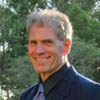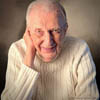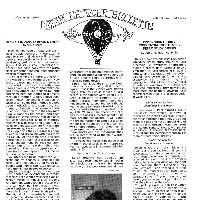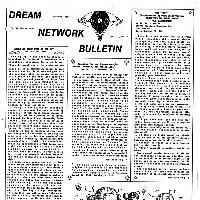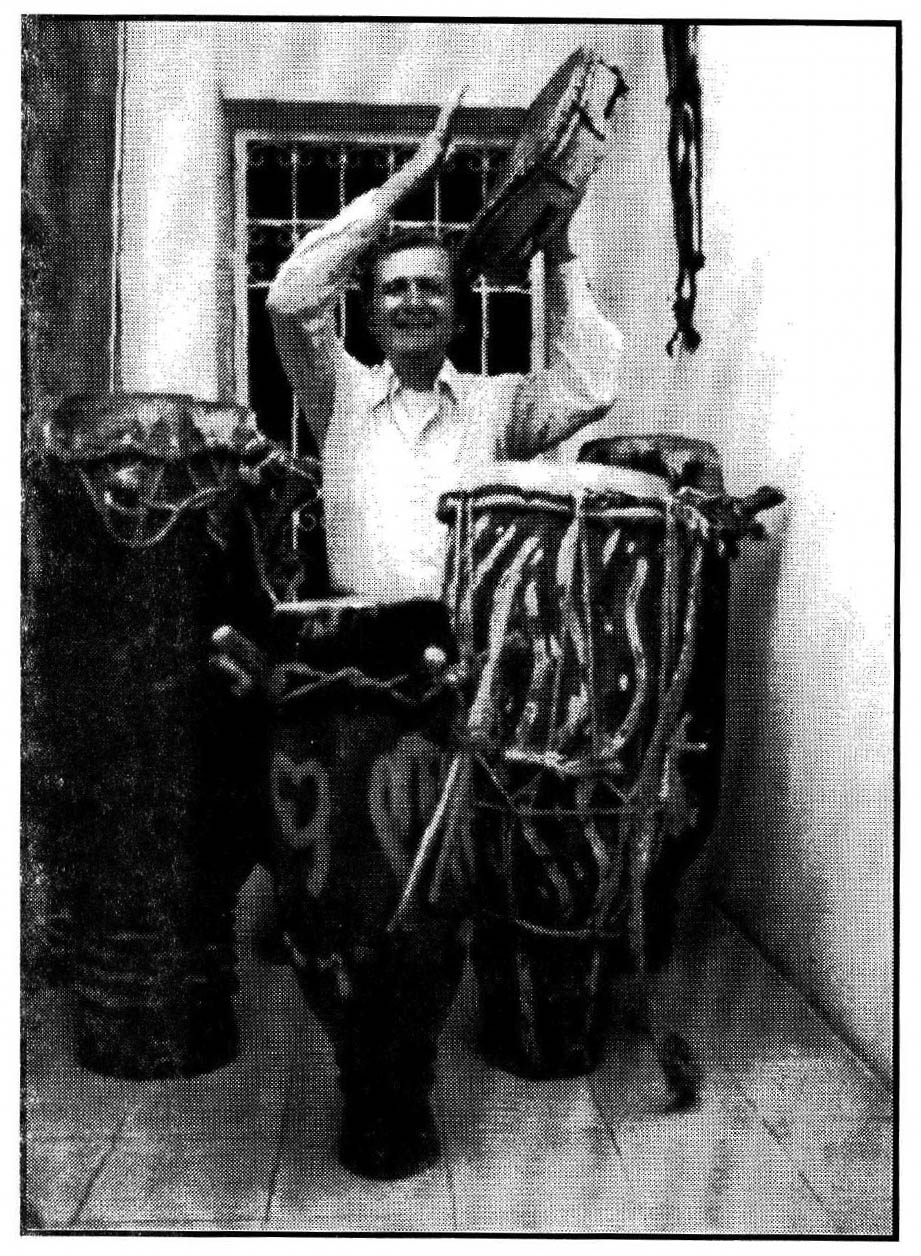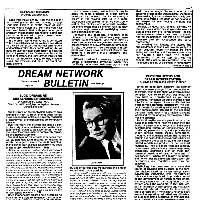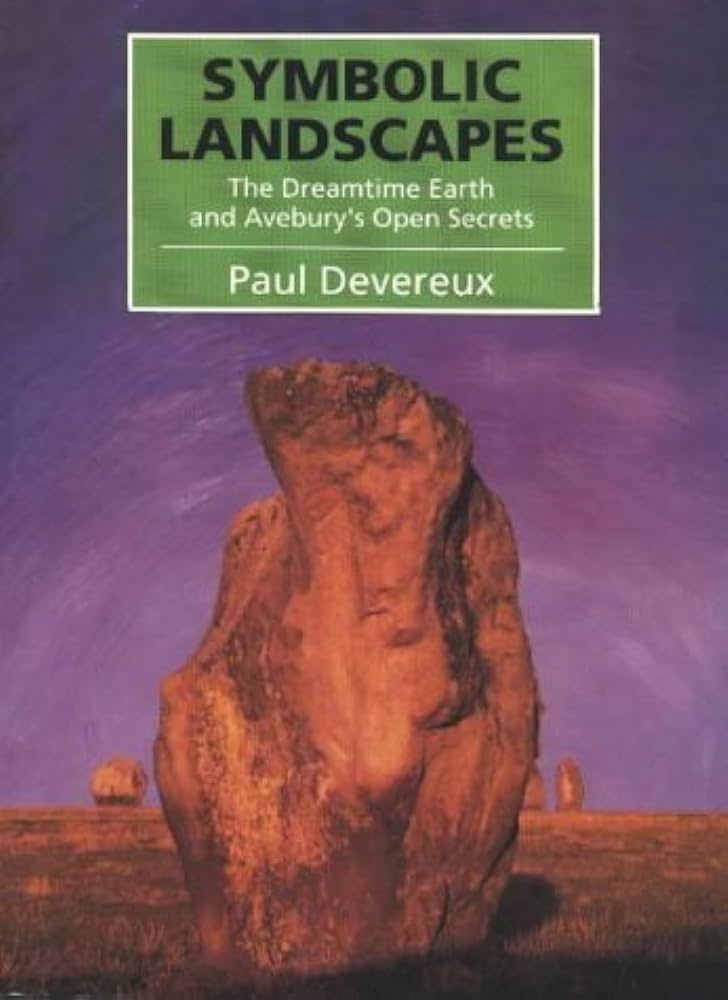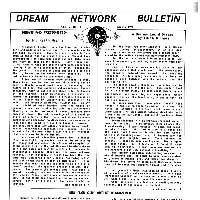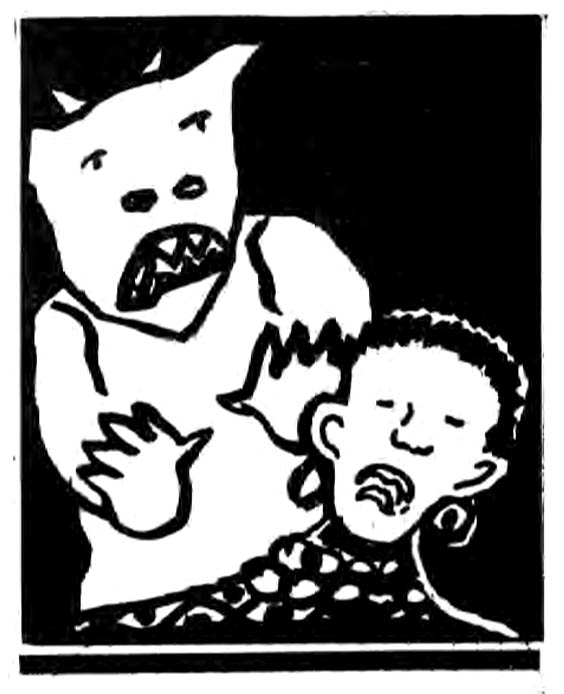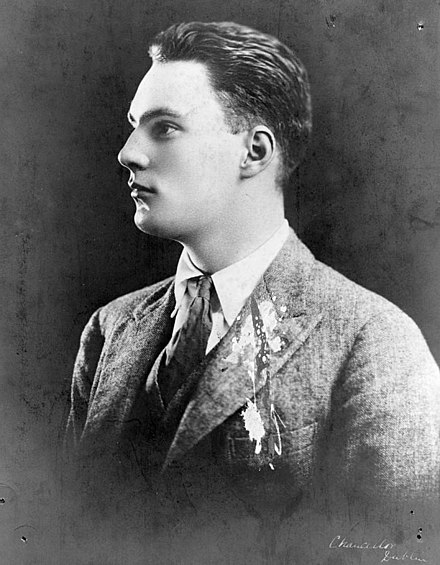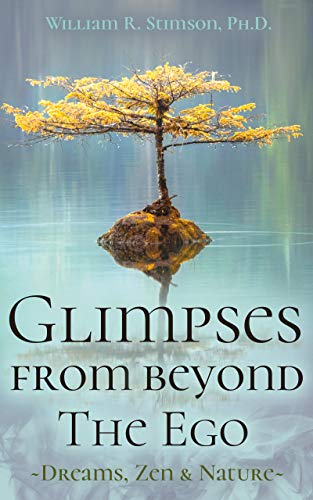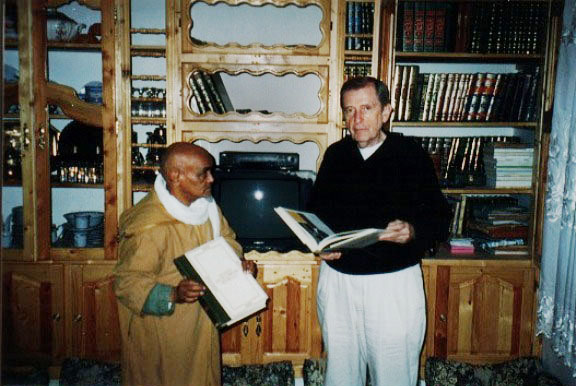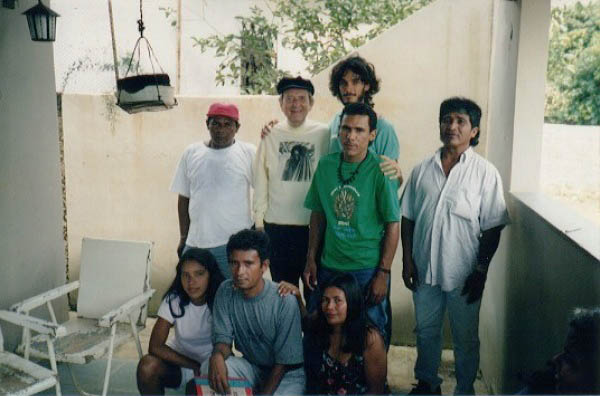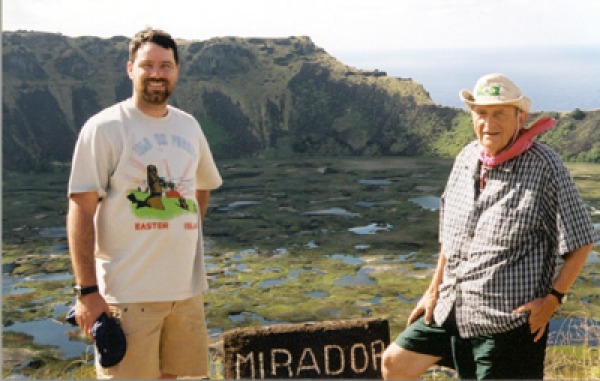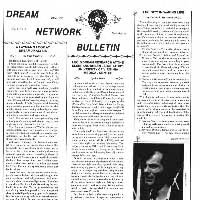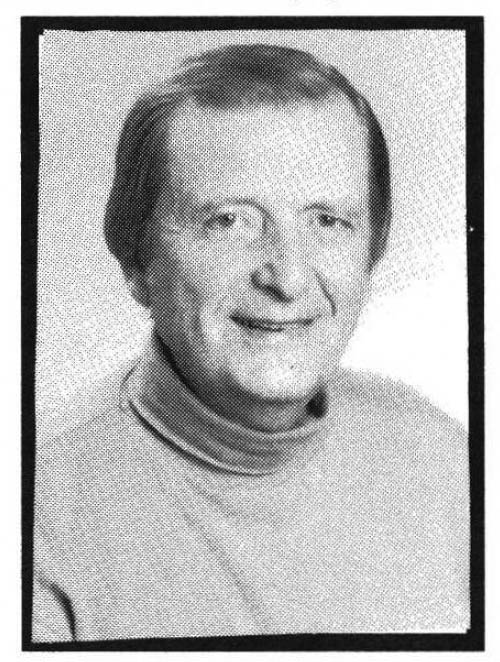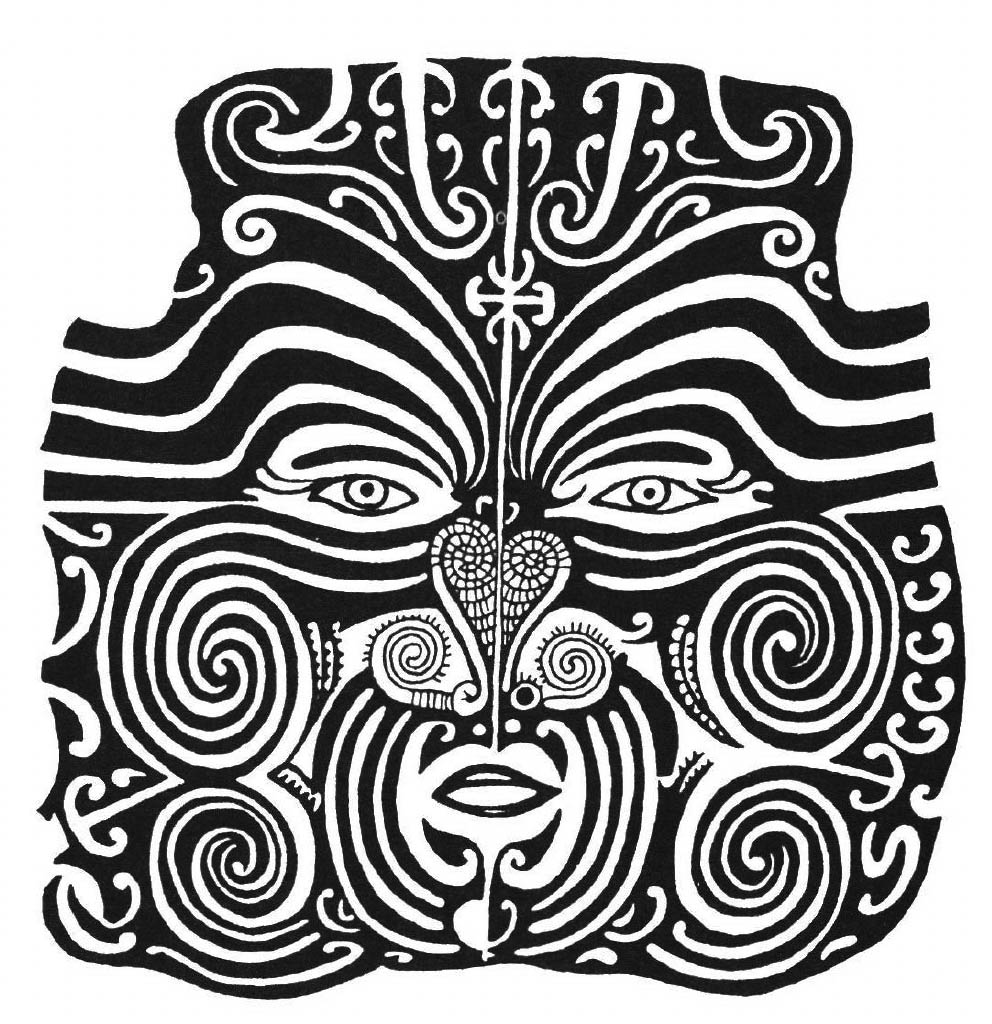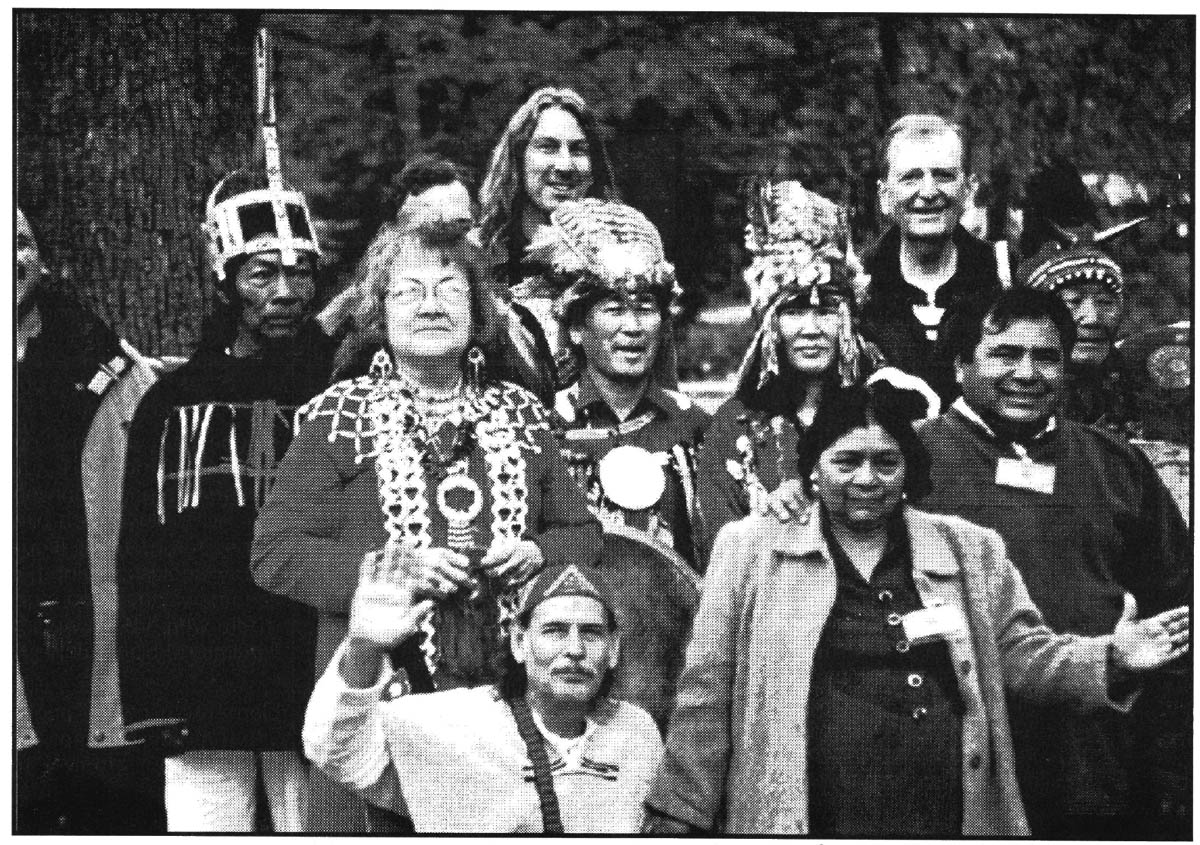Bring to mind how different life seemed when you were younger? Your perspective on the world, your beliefs about What you could accomplish, your sense of what was important may have all transformed as you have developed. Reflection on these changes brings into focus the aspect of mental life that has been termed personal mythology. This concept is useful for assisting individuals in keeping their consciousness attuned to the unending demands made upon it by a rapidly changing world and by the ongoing psychological dilemmas life presents.
Personal myths are complex internal structures that determine how we experience the world. A personal mythology is an individual's ever-changing system of complimentary and conflicting personal myths, and it provides the wider context which shapes perceptions, thoughts, and ultimately actions. The models we carry in our heads influence every possibility we see and every choice we make, and these internalized models are products of our personal mythology. They are more than self concept, more than scripts, and more than value systems, dynamically addressing each of these fundamental questions of identity: "Who am I" (self-concept); "Where am I going?" (scripting); and "Why?" (beliefs and values). They govern our perceptions, our cognitions, and thus our behavior.
Mythology has been seen as a venerable source of psychological guidance in the complex choices faced by human beings across cultures and throughout time. The history of this ancient concept is said to provide a record of the development of human consciousness. Mythology stands on the recognition that our notions about the world are, in fact, not fact, but an interplay of perceptions and culturally influenced internal models for interpreting those perceptions. A myth is not a falsehood but a way of interpreting reality that may ultimately be judged as being functional or dysfunctional for an individual's wholesome development at a particular point in time. The logic found in mythologies throughout cultures throughout time is perhaps the closest reflection in existence of the complex workings of the human mind. Revitalizing the deep significance of this powerful, ancient concept is particularly appropriate at this point in history because it enhances the vitality of our psychological explanations while reflecting the hypothetical nature inherent in any construct of reality.
What is a personal myth? Is it a story? Is it a personal lifestyle? Is it an attitude? It is not identical to any of these, yet it is at the core of each of them. Each is a reflection of an underlying personal myth. A personal myth is a schema, a template, a colored lens through which we see our world and our role in it, a cookie-cutter through which we stamp out our own version of reality from the undifferentiated cosmic dough.
The most appropriate scientific model for understanding personal myths comes from the field of cognitive psychology which provides the concept of the cognitive structure. Cognitive structures are internalized schemata for understanding or for performing activities. Personal myths are those cognitive structures that serve the functions of explaining, guiding, and sacralizing for an individual in a manner that is analogous to the way cultural myths serve those functions for a society. Personal mythology provides a context which, while operating largely outside our conscious awareness, produces the unfolding drama or our mental lives.
See if you can identify the conflicting personal myths that are dominating the inner life of the woman described in the following scenario.
Betty is a 34-year-old mother of two small children. Her days are filled with the chores of being good mother, housewife, and citizen. Her friends view her clan as a model family. While Betty appears happy, inner turmoil has been developing. It seemed to start with a dream: There is a bird in a nest, resting content, feeding its beautiful babies, when a strong wind comes up and, after great struggle, blows the bird away into a terrifying unknown. Very upset by this dream, Betty starts having trouble sleeping. She becomes irritable. She beings to feel constantly troubled, and she finds that her temper is growing shorter and shorter with her children and her husband. The harder she tries to keep things smooth, the more depressed she gets, until she has almost no energy. She describes these concerns to her physician who suggests she make a better adjustment to the demands of her role and gives her antidepressant medication. The drugs do give her more energy and in a subsequent visit he suggests she get out of the house and become more active in the community. She is elected President of the PTA and joins two committees in her church. At times she feels a chronic pain in the back of her neck. She notices that this pain decreases when she yells at her kids, but then she feels guilty and has stomach discomfort. She starts having fantasies about going on archeological digs and begins to read avidly about travel. These fantasies trouble her and she takes on greater responsibilities with the PTA and her church until she has virtually no time for herself. Her temper grows shorter, she starts having a recurrent dream about suffocating, and she begins to wonder if she is having a nervous breakdown.
As you can see, Betty's conflicting mythologies found expression in her dreams, fantasies, thought content, emotional reactions, behaviours, and even somatic changes. We can see in Betty's case how, when a prevailing myth becomes dysfunctional or otherwise outdated, the psyche may generate a new myth, and each may compete for dominance of the individual's perceptions, thoughts, and behaviors. Betty's ordeal was aggravated substantially by her suppression of the emerging myth from her conscious awareness. Had she attended to the first dream with a valid guiding perspective on the development of her inner life - or to any of a host of other signals - she could have worKed with the conflict in a much more direct, effective, and less disruptive manner.
Understanding the nature of personal mythology is a way of gaining such a perspective on the development of your inner life. Because personal myths are a class of cognitive structure, they function according to lawful patterns of development which have been scientifically described and can be deliberately influenced by the individual. As we mature, dysfunctional myths become increasingly detrimental, and prevailing myths which at one time provided beneficial guidance may also become outdated for our optimum development. At these times, the psyche does generate a counter-mythology based on life experiences that contradict the old myth, the ongoing processing of input from the wider culture, and transcendent experiences that may be revealed in dreams, inspirations, or peak moments. The emerging myth organizes perceptions and thoughts in a different way than the prevailing myth, and a conflict may be set into motion deep within the psyche. The more we are able to maintain an awareness of the dynamics of this conflict, the more we are able to maintain a harmony with the natural process by which our consciousness evolves. Skills in worKing with our own dreams, imagery, mental conflicts, and behavioral contradictions provide us with an opportunity for a productive resolution of the competing mythologies, finally anchoring into our lifestyles a new myth that integrates the most functional aspects of the prevailing myth with the most beneficial from the counter-myth.
These skills can be systematized and taught to the public based on current knowledge from the field of cognitive psychology placed within a broader mythological perspective. It is at the points of change or dysfunction that it is most useful to focus on the underlying mythology and related conflicts that may be in progress. From each individual a mythology can be mined that is a rich in symbolic content as the myths of cultures - indeed the myths of cultures originate in the interplay of the psyches of that culture's members and its history - and by understanding the dynamics of their own personal myths individuals are able to take an increasingly participatory role in shaping their own destinies. Because of the inextricable relationship between personal and cultural mythology, such understanding also provides citizens with sKills for examining, relating to, and influencing the ongoing development of the myths of their culture.
REFERENCE: Feinstein, A.D. Personal Mythology as a Paradigm for a Holistic Public Psychology, American Journal of Orthopsychiatry 49(2), Apr. 1979

